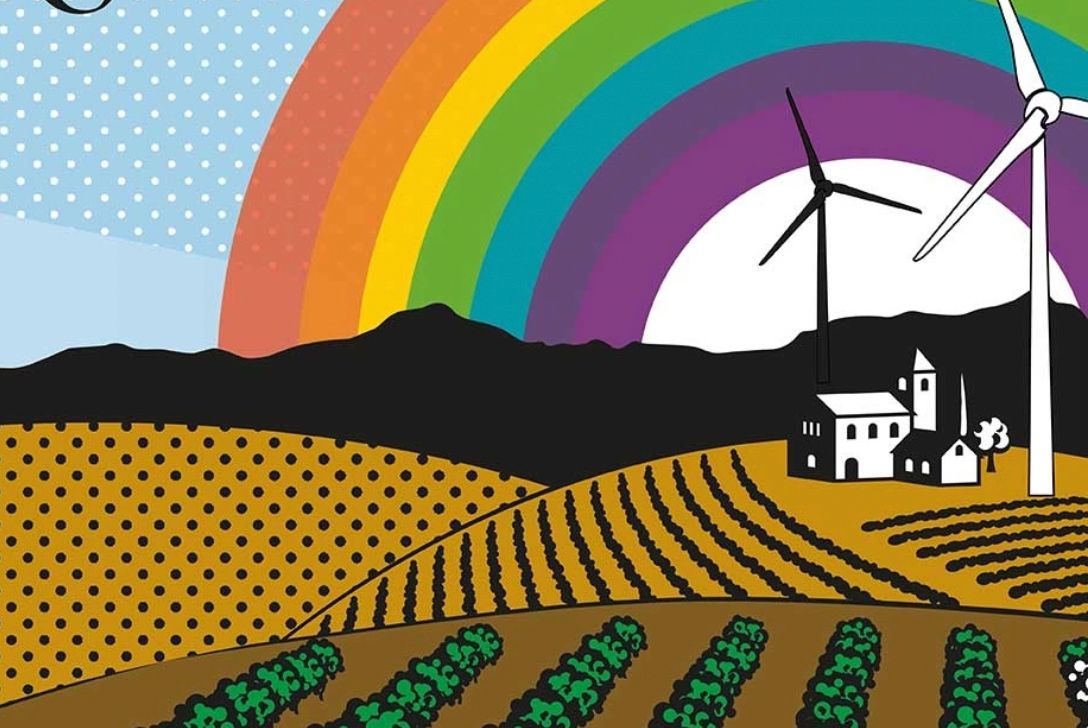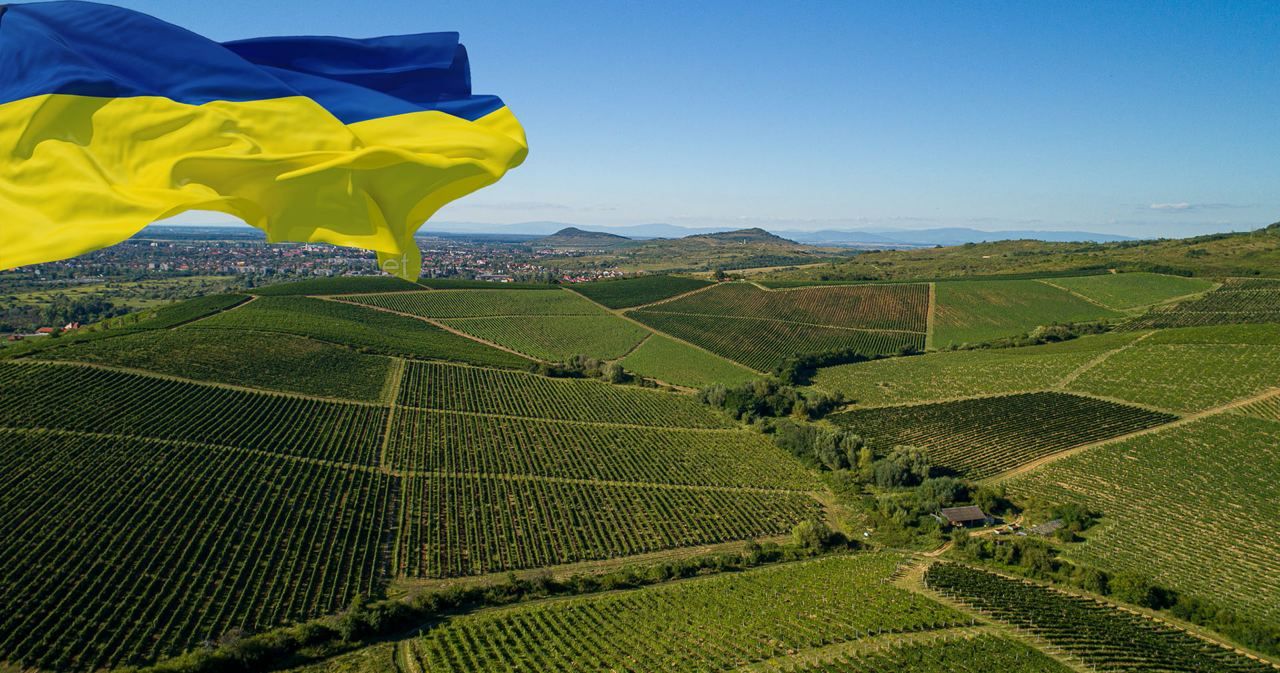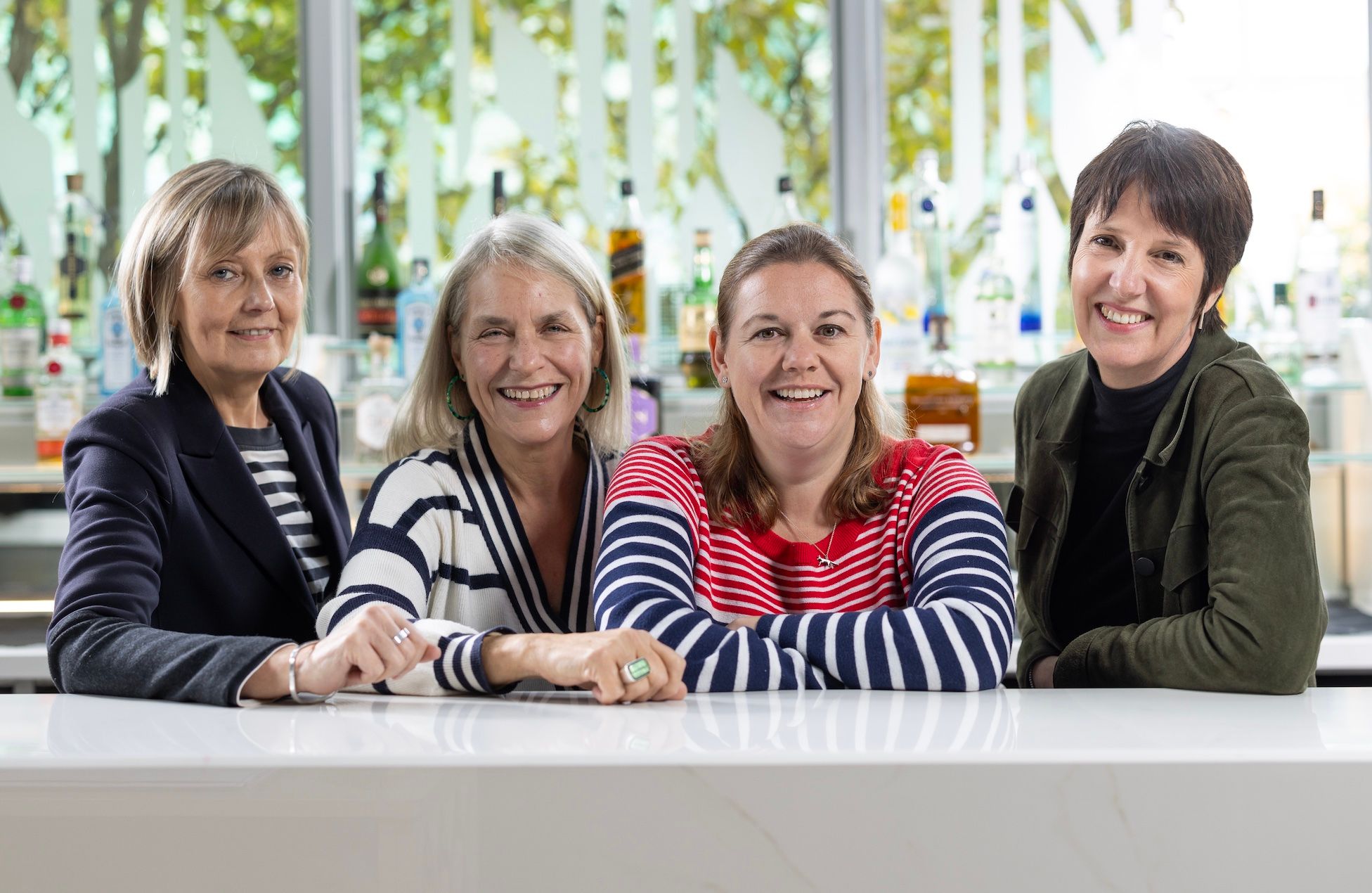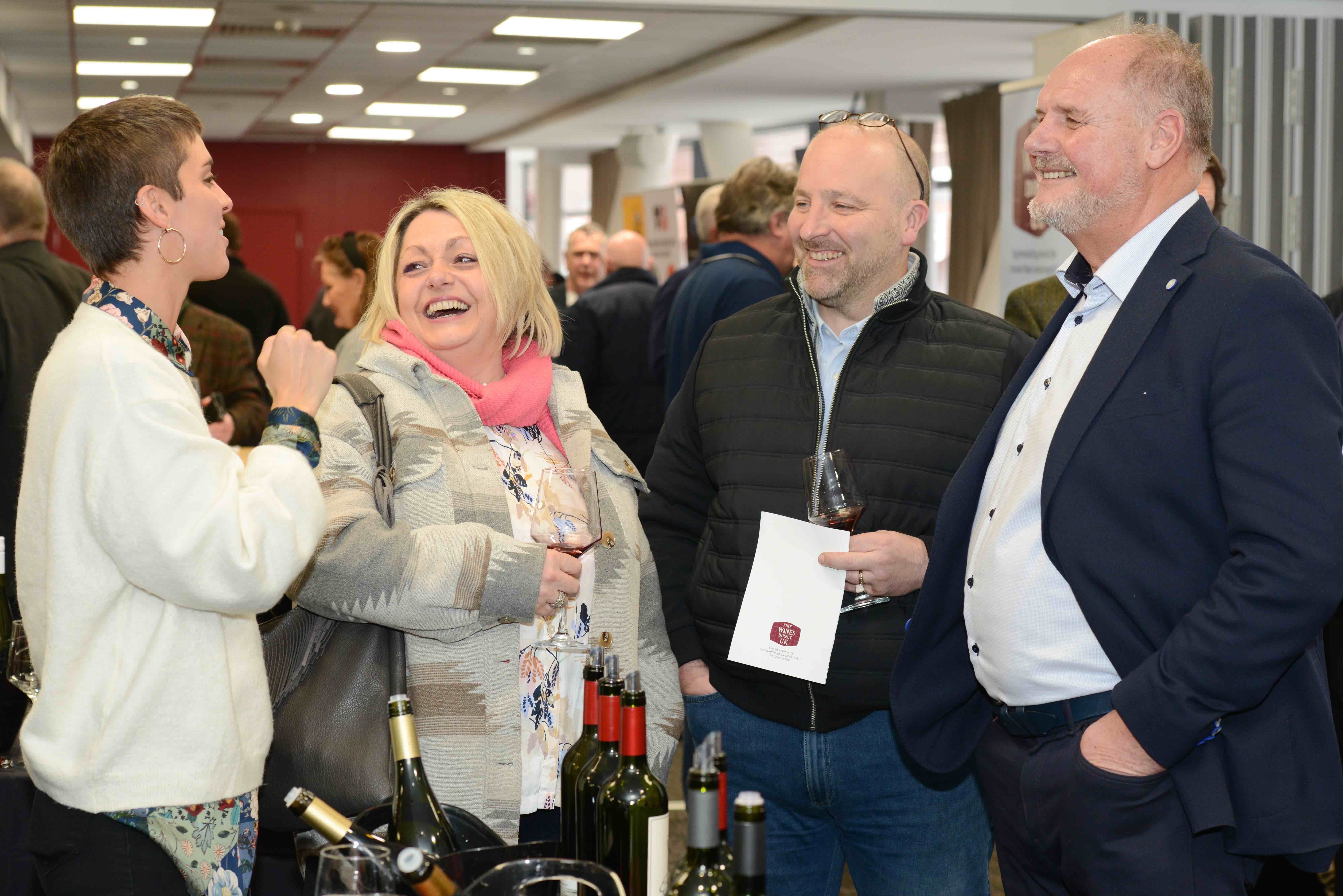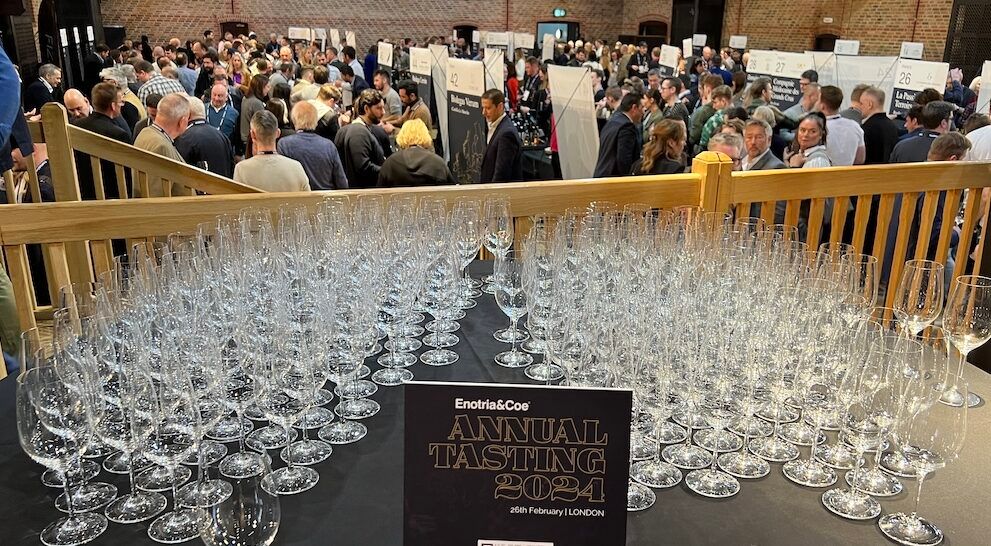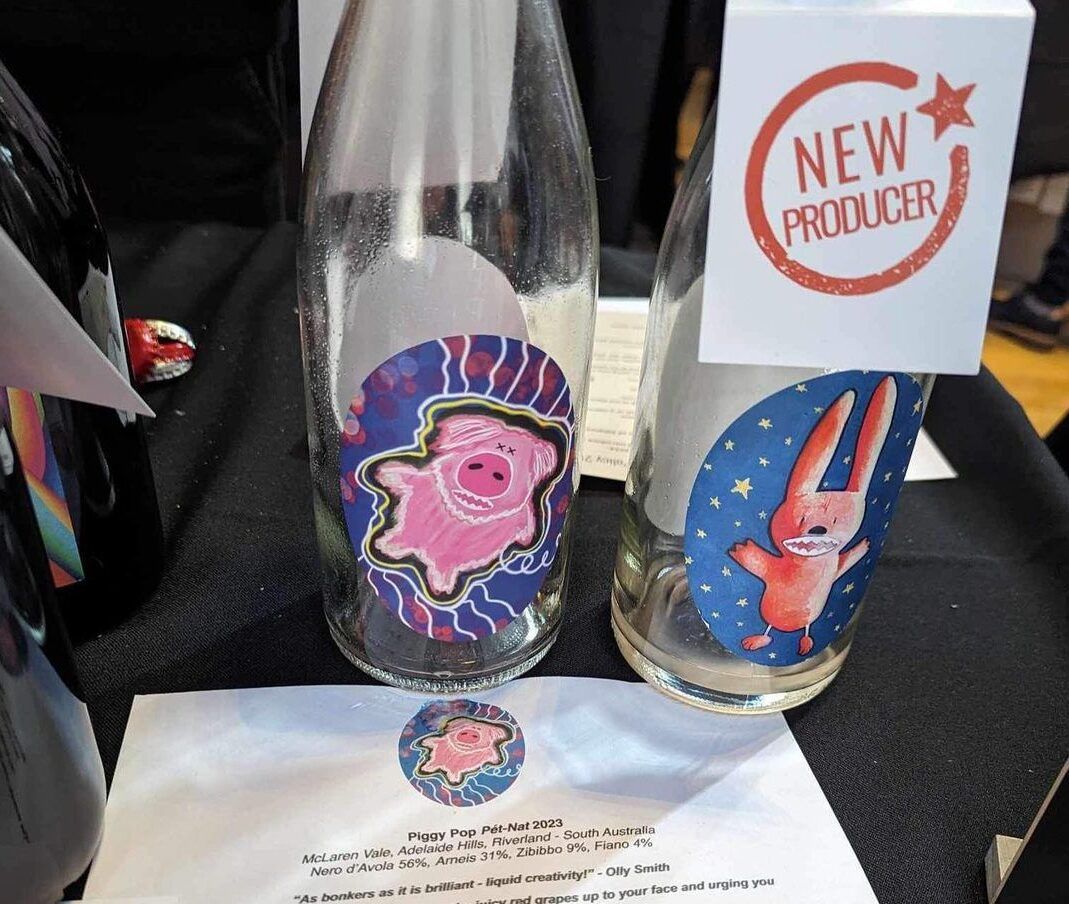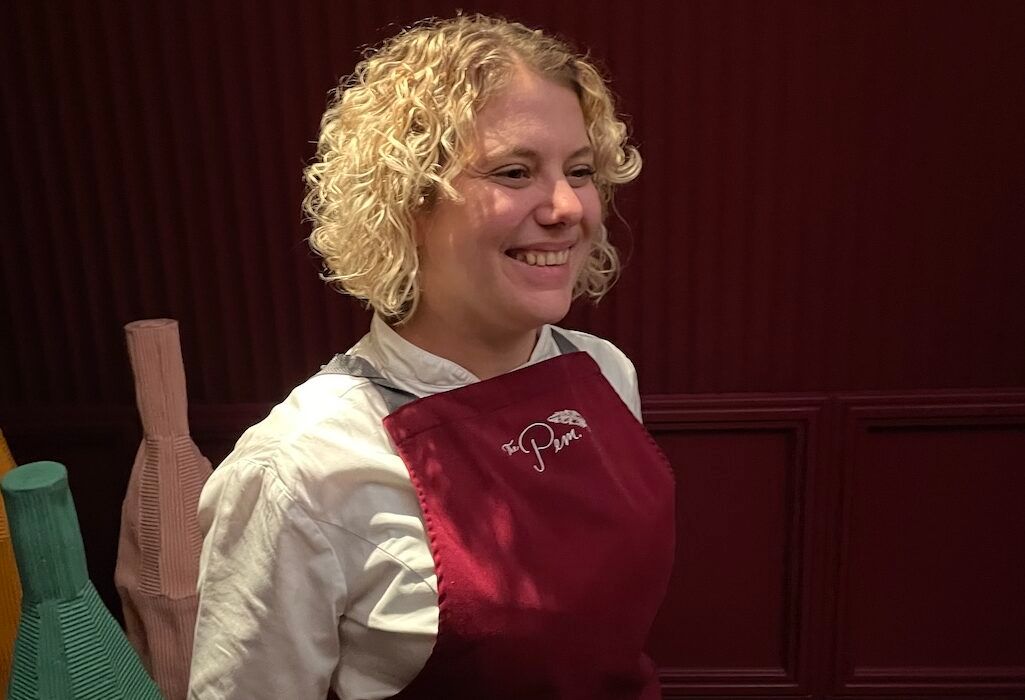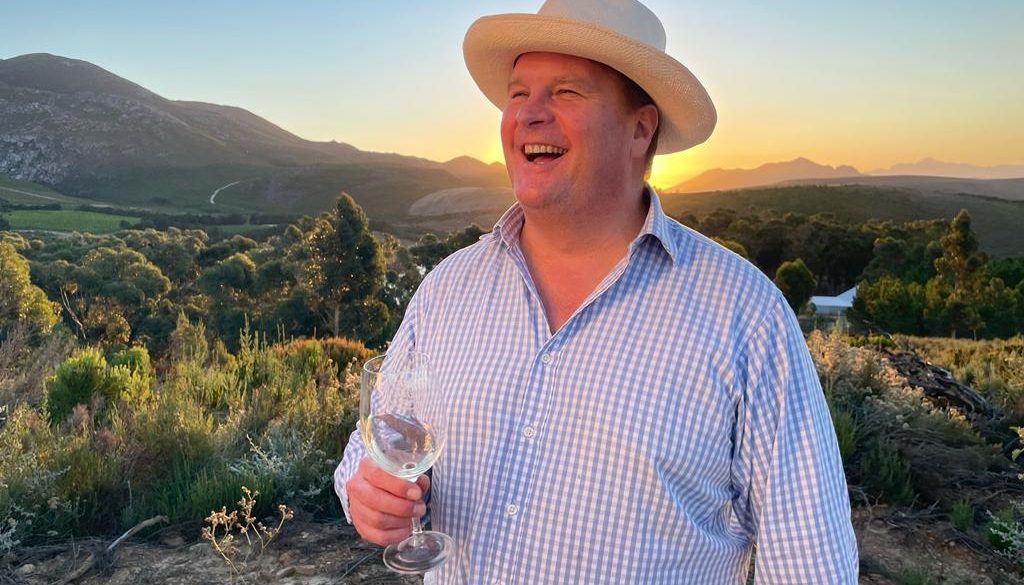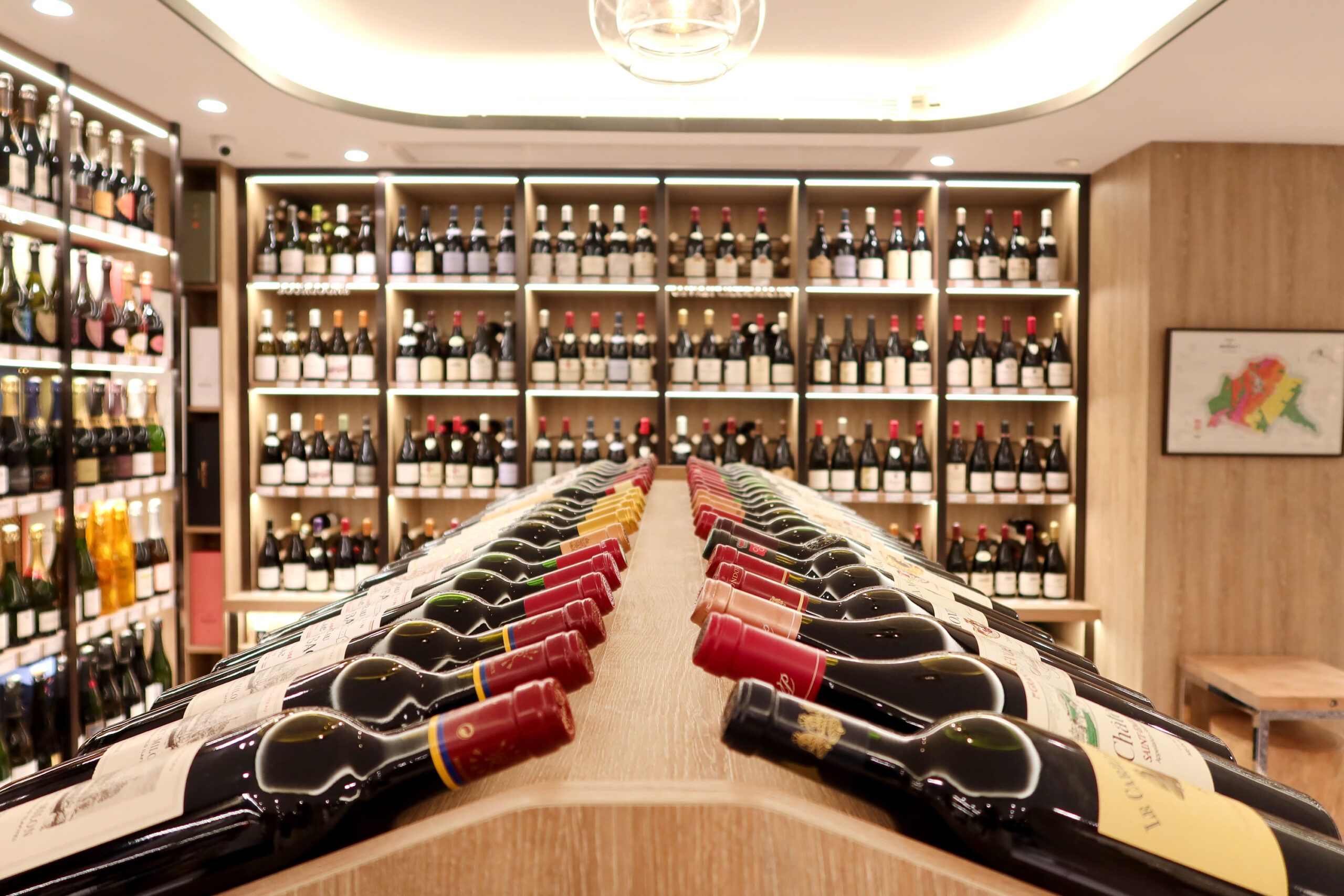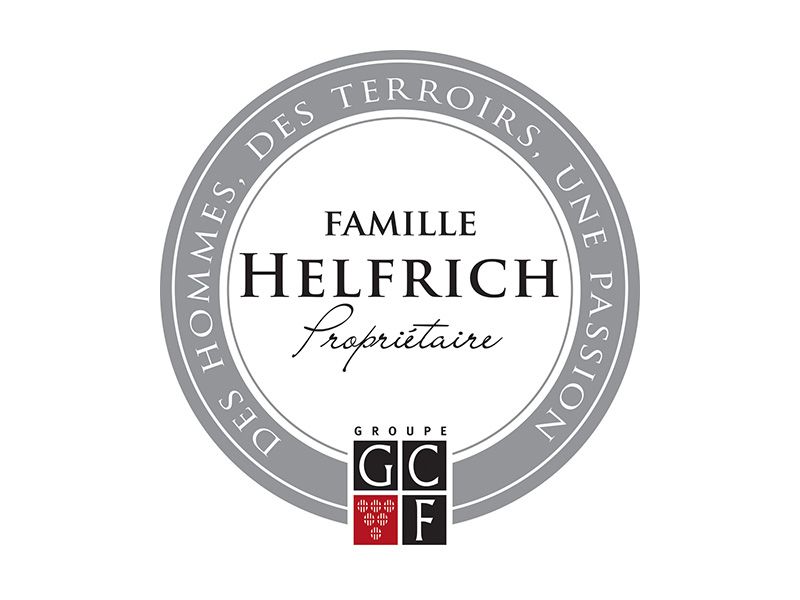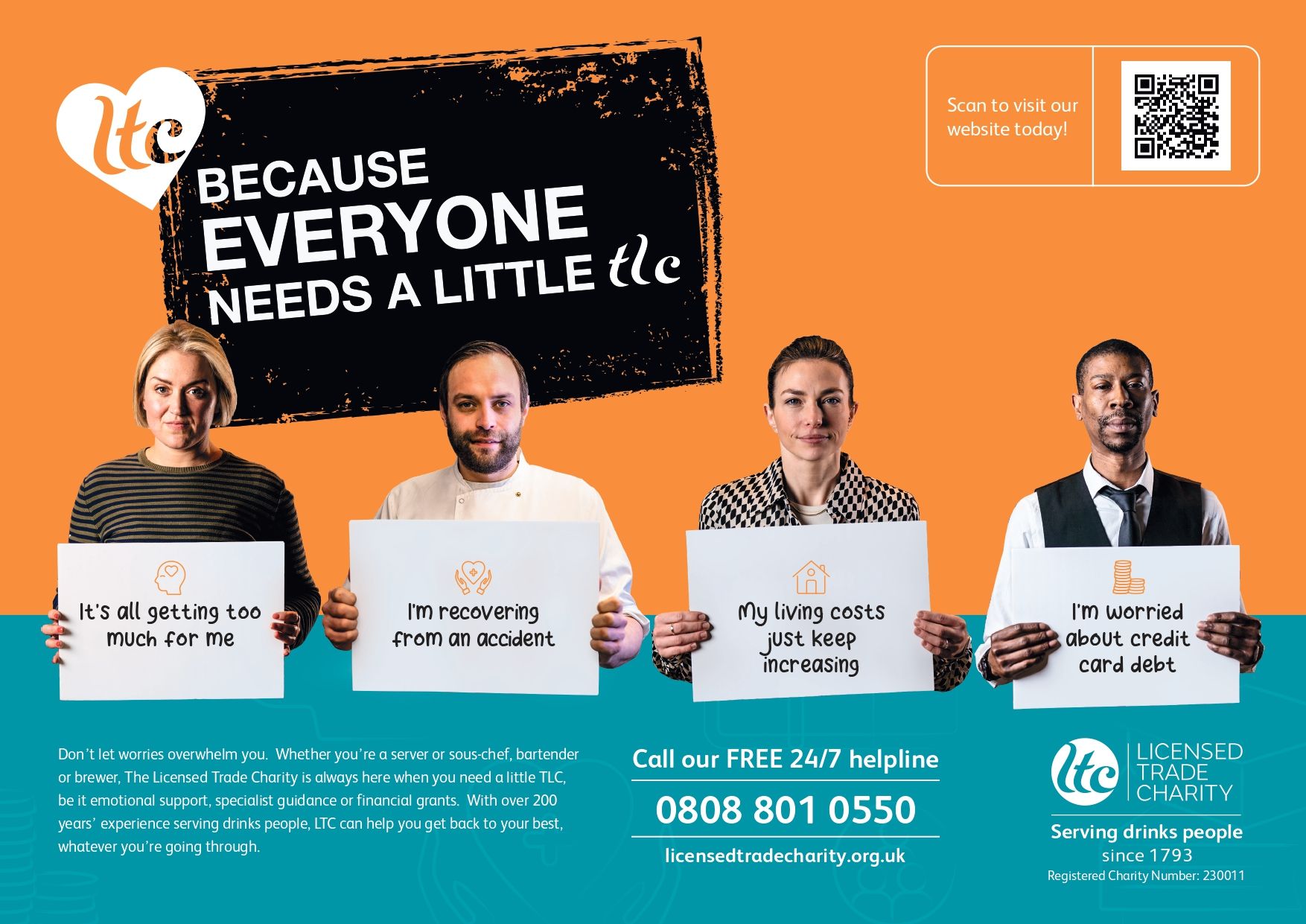Enotria&Coe’s recent sustainability forum is the latest in a series of initiatives the business is taking to drive real change right up and down its supply chain and with its own customer and supplier base.
What companies are and are not doing to be as sustainable as possible has become the number one business issue of 2022 and will set the business agenda for some time to come.
It can, though, be hard to get past the soundbites and pledges to hit net zero targets by some far off date to really understand what big businesses are actually doing. So hats off to Enotria&Coe for coming forward with its own sustainability goals, but with a frank admission that up to now it has been well off the pace in really addressing the issue.
In fact, it is even prepared to admit it does not have all the answers and if it is to get anywhere near making a difference it needs outside help and expertise to point it in the right direction.
That was very much the tone of its recent sustainability forum in London where it invited leading trade figures, customers, sustainability consultants and journalists to openly discuss what the key issues are and what it is a business of the scale of Enotria&Coe can be doing to really make a difference.
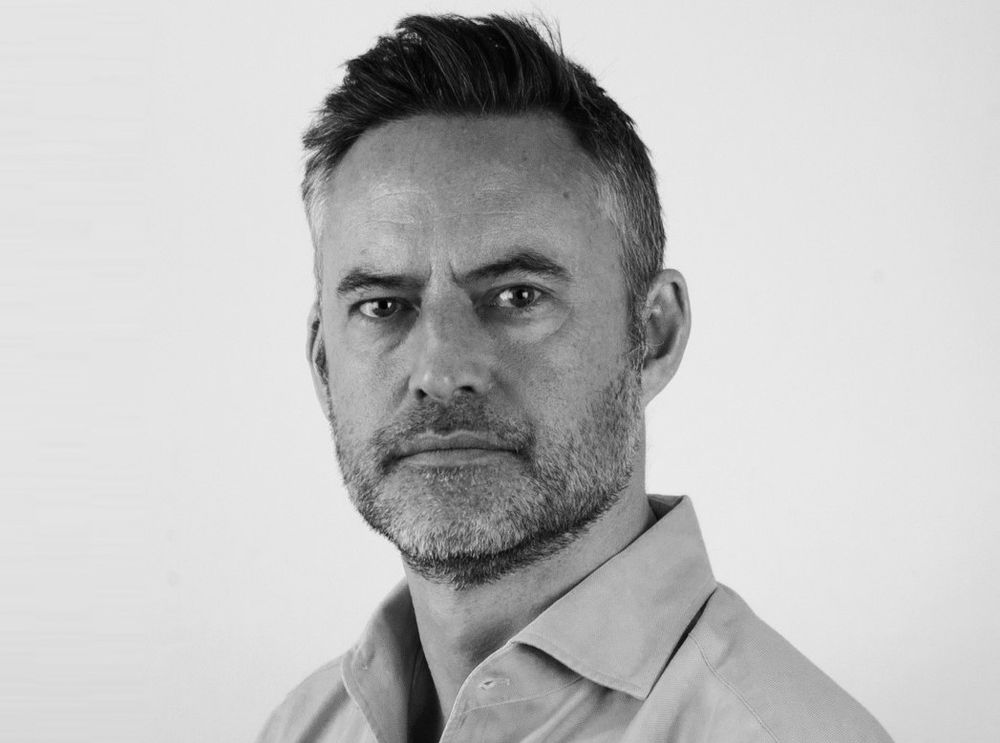
Enotria&Coe’s Sam Thackeray says the business is prepared to take the tough decisions with its customers and suppliers to make sure everyone in its supply chain is being as sustainable as they can
Sam Thackeray, Enotria&Coe’s managing director, said it has had to face up to some harsh facts in recent months about its own sustainability credentials. An independent 360 degree sustainability audit of the entire business conducted in 2021 found it only scored30% out of a target of 100. “That was not easy to read,” he admitted.
Quite frankly, he admitted, the processes it had in place to monitor, assess and take action on its carbon impact were not fit for purpose and not universally applied. What information it had from its producers in particular about how sustainable they were “was mixed” and little was known about the steps each of its retail and on-trade customers were also taking to be sustainable.
But crucially, stressed Thackeray, the company is now in a place to learn and ensure it puts its best feet forward in the future. “We now know that knowledge sharing is critical and it is the only way we are going to be able to bring everyone else up with us on this,” he added.
Clear commitment
It’s a process that Enotria&Coe got underway in 2022 and is 100% committed to progressing as much as possible in 2023. “We have been able to do a lot of cool stuff this year, but the bar was low. The more you look at your supply chain the more there is to do,” said Thackeray.
Andrew Gale, head of technical and new business development at Enotria&Coe, has been able to bring years of experience looking to tackle similar issues during his time working at Tesco. One of the first steps it needed to take, he said, was to really understand just where its own suppliers were in terms of tackling sustainability in their businesses. Only then can you really start to address the impact of your own supply chain, he added.
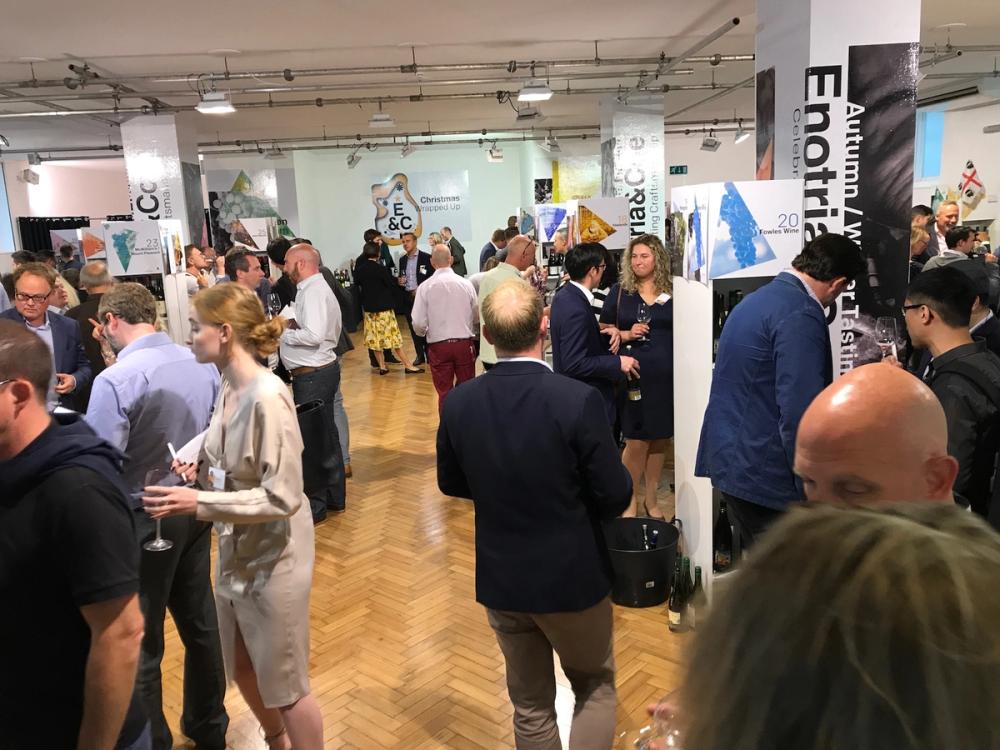
Enotria&Coe is now working with both its customers and suppliers to implement steps they can take to make themselves more sustainable
To help do that it sent a 50 strong sustainability questionnaire out to the 165 suppliers it works with on an exclusive basis earlier this year. A questionnaire designed to assess them in three key areas of sustainability: environmental impact; social impact; and governance.
Gale said Enotria&Coe’s ambition is to not only put its own supply chain in order, but to then use its findings and “best practice” procedures and “share it with the rest of the industry”.
“We want to drive change in our supply chain so that we can be net zero by 2030,” he said. “But we can’t do that in isolation. We have to do it with both our customers and our suppliers.”
Which is going to mean having some frank conversations in the months and years ahead. “We are going to start challenging them,” he added.
Delivering targets
From December 2022, Enotria&Coe will be issuing its suppliers and customers with targets it wants them to meet around what they are doing to tackle energy consumption, waste, transport and packaging, said Gale. “We have to be all working together on this.”
Thackeray agreed and said it is one thing for Enotria&Coe to put its own house in order, but the difficulty comes in dealing with a supply chain that covers over 8,000 products being made and distributed out of 64 countries. “We are going to need 95% compliance from our suppliers if we are going to reach this [net zero] target,” he said.
To get that right you need to be on top of an enormous amount of data, capable of monitoring and managing what is going on up and down your supply chain, he added.
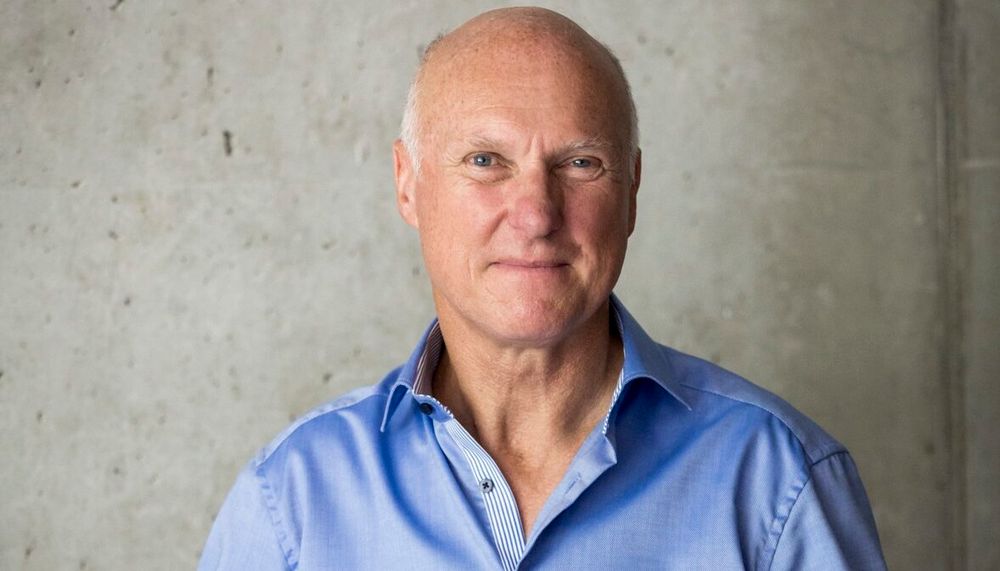
Richard Bampfield MW says wine producers need to step up their own sustainability programmes if they are not going to be “left behind” by their UK importers
Richard Bampfield MW, a consultant with the Sustainable Wine Roundtable that has been set up to help businesses like Enotria&Coe achieve its targets, said those suppliers that refuse to get on board “are going to fall behind”. “They are soon going to be in the minority.”
He could not be more impressed by the commitments and steps now being taken by Enotria&Coe: “It is wonderfully reassuring for a company of the size and influence of Enotria to be taking the lead on this. You are at the heart of all aspects of the industry from logistics, to bottling and if you can work with everyone in the industry, then you are going to make a big difference.”
He added: “It’s also really good you want to share what you are going to do. This is not about competitive advantage. Sharing best practice is incredibly important.”
Pack of cards
James Streeter, chairman of the Sustainable Wine Roundtable, likened the sustainability issue facing any industry sector – be it drinks, food or, manufacturing – to a pack of cards. Every card in the pack represents its own “sustainability challenge” that needs to be addressed. Only by tackling each one in turn are you going to make the collective changes needed.
“Every part of the wine industry will have its own pack of cards that needs dealing with. It is very complex,” he added.
Other sectors, explained Streeter, use the ESG structure to tackle sustainability:environmental, social and corporate governance. It can be a good practical approach to take as it helps to simplify what are very complex issues, he said. “It’slike tackling a par five on a golf course. It might look daunting, but if you take each shot in turn then you slowly get closer to the hole. You have to take the first step first.”
The key is measuring, recording and sharing each step you take so there is a clear understanding across the business about what is, and is not being achieved. That way there can be no confusion or misunderstandings, stressed Streeter. It can also help re-assure companies that the steps they are taking are making a difference and that the collective effort is worth it.
Creating that positive energy within teams, customers and suppliers is key to keeping the momentum going when tackling sustainability, explained Streeter.
Tough action
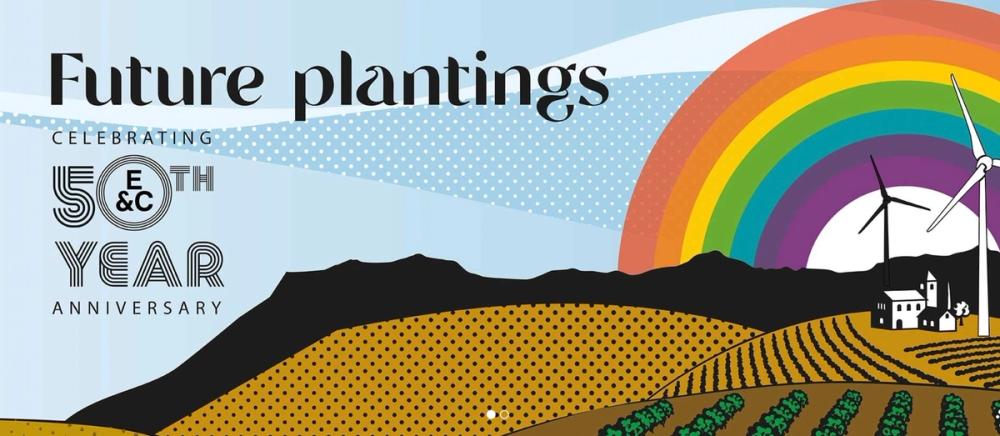
E&C is pushing its sustainability strategy as part of its 50th year anniversary
It’s why Enotria&Coe is prepared to stop working with producers and customers who are not willing to engage and take the necessary steps to change, said Thackeray. “We will give them every chance to change but they have to show a willingness to do so. But we will also have to make some hard decisions. If you are not aligned to our values then we won’t be able to sell your product,” he added.
Gale was quick to stress the common goals they ask suppliers and customers to sign up to will be relatively “easy”.
It is also going to need some fresh thinking and fundamental changes to how retail and on-trade operators are prepared to sell and market wine, said Bampfield, such as wine on draught. It has been tried before and not really worked, but the carbon savings to be made mean the sector needs to look at more effective solutions. Similarly, the weight and impact of glass bottles and bottling wine in the UK indicate that changing consumer behaviours would deliver big improvements.
It’s why the Sustainable Wine Roundtable is working towards establishing some global standards that can be used to communicate to the industry just what it is we mean by being sustainable, explained Bampfield.
“We need to align people’s actions,” added Streeter, and a shared approach is the most “effective and efficient” way of achieving that.
It’s an approach that Enotria&Coe is happy to take the lead on and share its experiences and results with the rest of the trade, stressed Thackeray.
- The Enotria&Coe Sustainability Forum was held at the Apricity Restaurant in London’s Mayfair which has been set up as a fully sustainable restaurant from the furniture it uses right through to the ingredients, producers and suppliers it uses and sources for its dishes and wines.
- Enotria&Coe has now produced its own Sustainability Barometer that highlights the steps it is taking to be carbon neutral by 2030.
